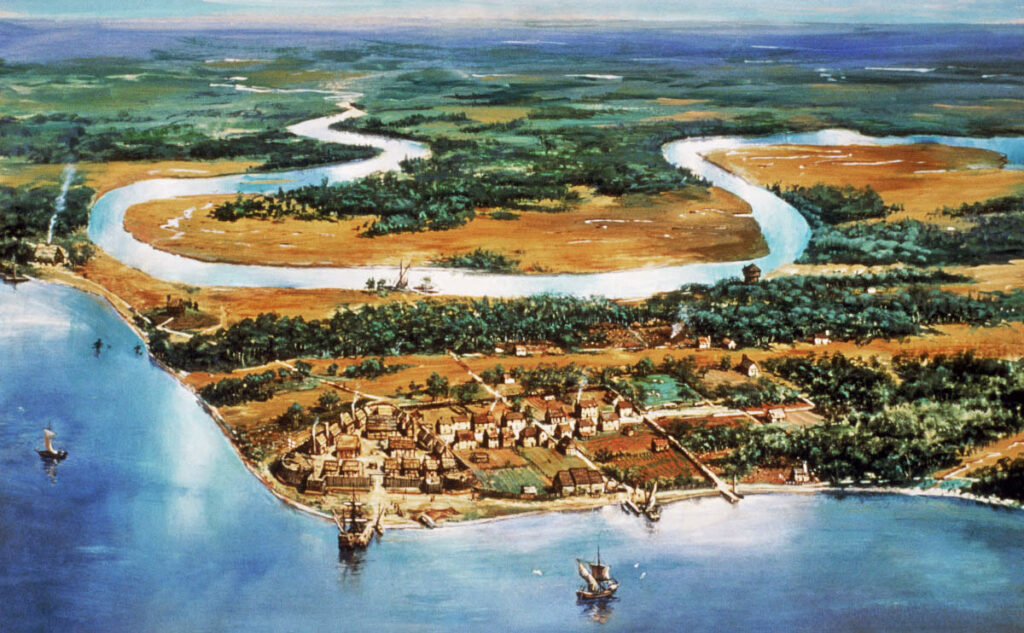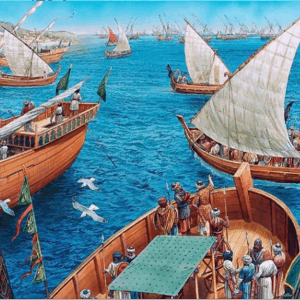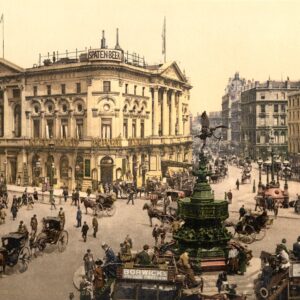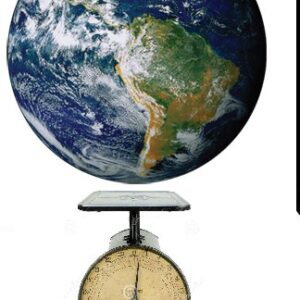English Colonisation of North America: Mayflower and a Whole Lot More
Speaker: Peter Atkinson
English interest in North America began with John Cabot, a contemporary of Columbus, who sailed to Newfoundland in 1497 in search of a route to Asia. The first attempts at settlement came a century later and were unsuccessful. The most ambitious failure was in the 1580s under Walter Raleigh at Roanoke Island in today’s North Carolina.

The first successful colony was Jamestown (Virginia), established in 1607 by economic migrants. The second was at Plymouth (Massachusetts), founded by settlers arriving on Mayflower in 1620, escaping religious persecution in England. By 1750, the British had 13 colonies (soon to become the first 13 members of the United States) on the eastern seaboard between Georgia and Maine, together with two in present-day Canada: Nova Scotia and Newfoundland.
The presentation will examine the origins and development of these colonies, with some emphasis on Jamestown and Plymouth. Reference will also be made to the parallel activities of the Spanish, French, and Dutch




